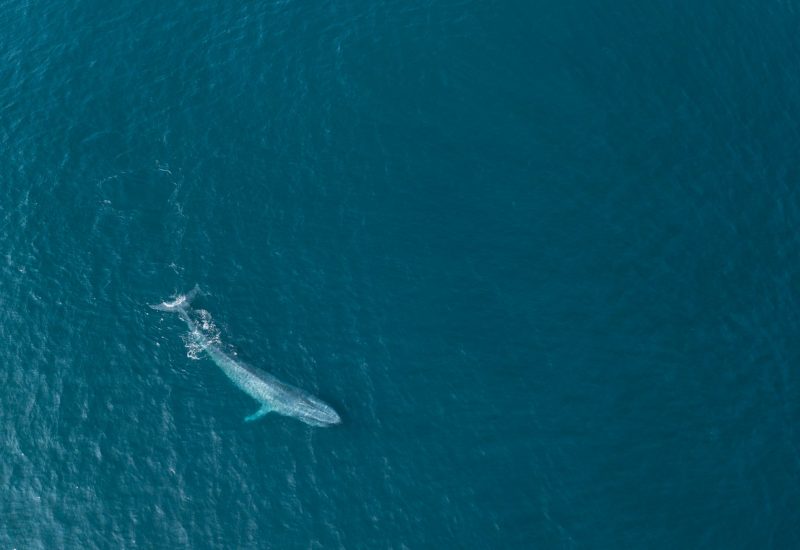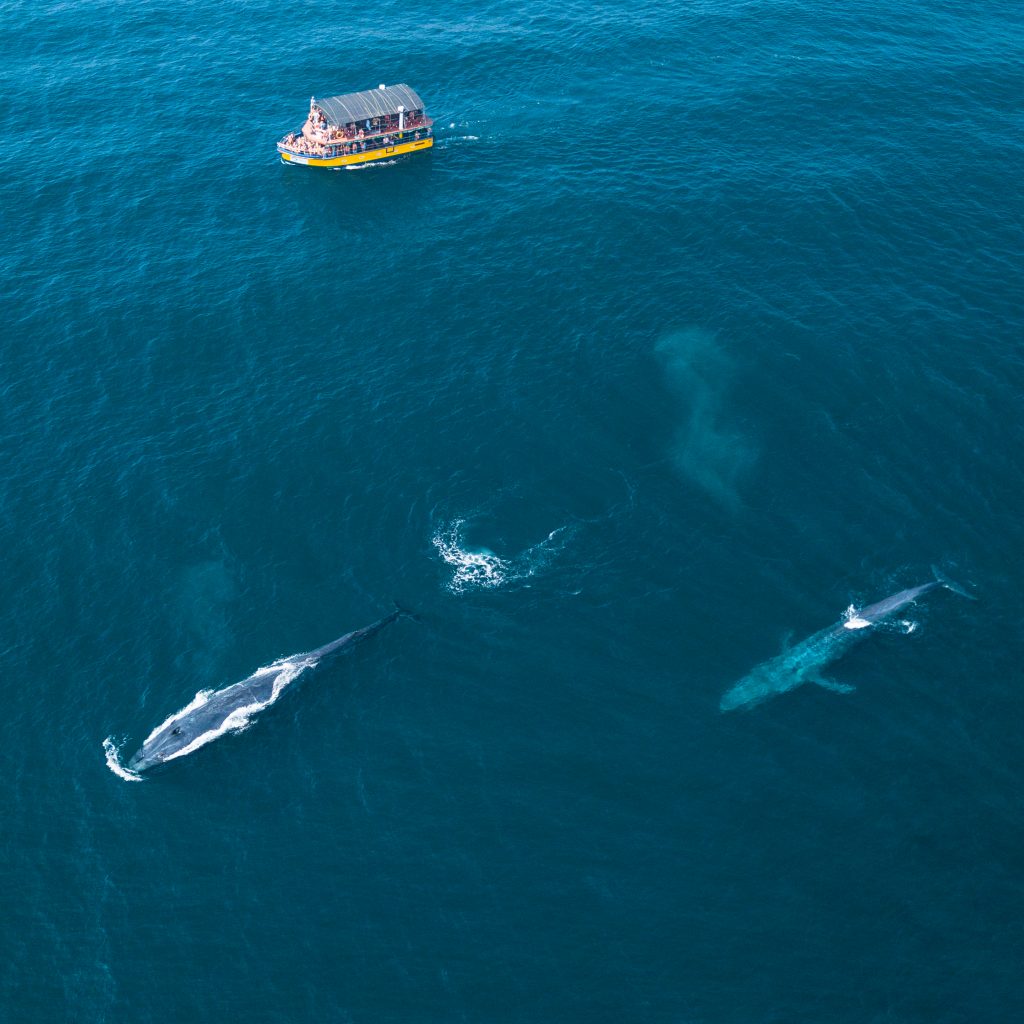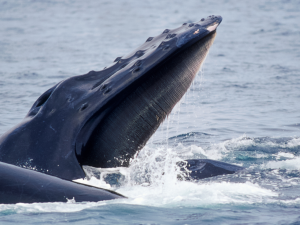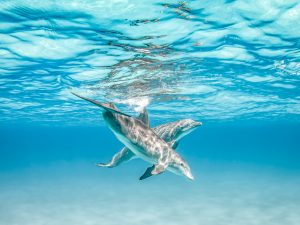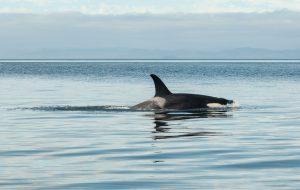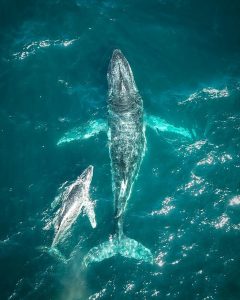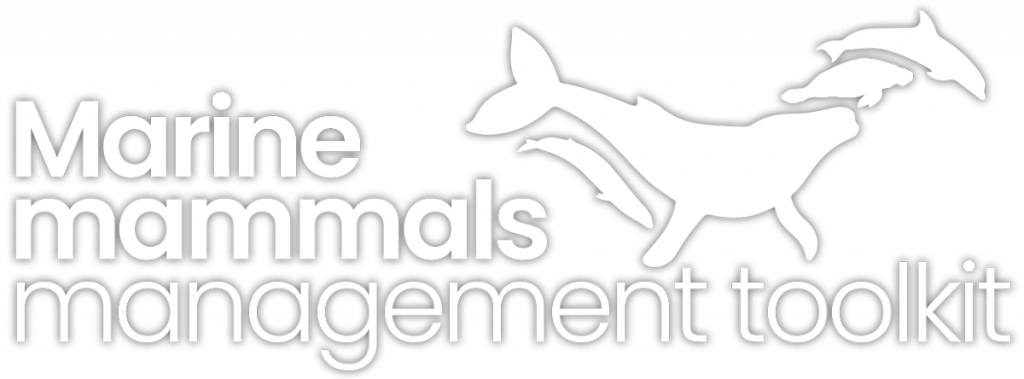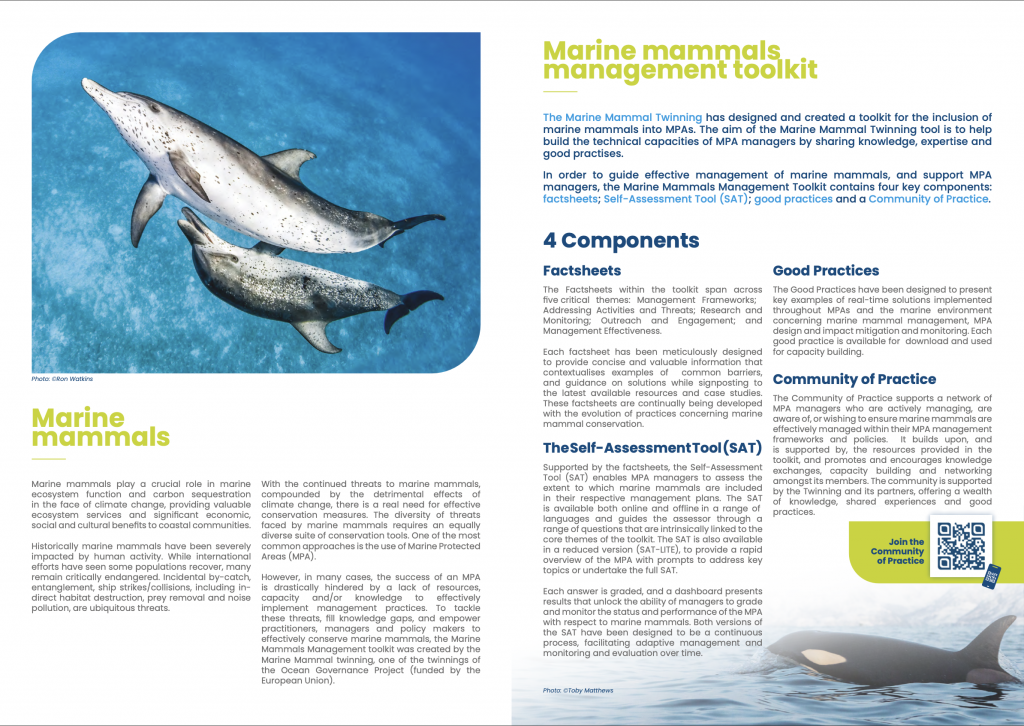The world’s largest shipping and logistics conglomerate, MSC Group, is adjusting its shipping route south of Sri Lanka to reduce collision risk with endangered blue whales (Balaenoptera musculus) after environmental NGOs OceanCare and IFAW (International Fund for Animal Welfare) approached MSC Group to help protect these whales. The decision means that transiting MSC container ships will now avoid an area where the majority of the northern Indian Ocean blue whale population is known to congregate.
The waters off the southern tip of Sri Lanka present a challenge to mariners because of the high risk of collisions with blue whales, whale watching boats and small fishing vessels. Unusal for the species, Sri Lankan blue whales are found in these waters year round, and the current international shipping lanes off Dondra Head take ships right through the area with the most whales and whale watching activity.
“By ensuring these small changes, MSC is making a significant difference for these endangered whales. Whales often die as a result of collisions and this population is at risk. Ship strikes are both a conservation and a welfare problem, and even one whale death is one too many,” says Sharon Livermore, Director of Marine Conservation at IFAW.
“Re-routeing is the key hope to turn the tide for blue whales off Sri Lanka. It also demonstrates to the Sri Lankan government that now is the time to take appropriate action and move the shipping lane out of blue whale habitat for all merchant vessels,” says Nicolas Entrup, Director International Relations at OceanCare.
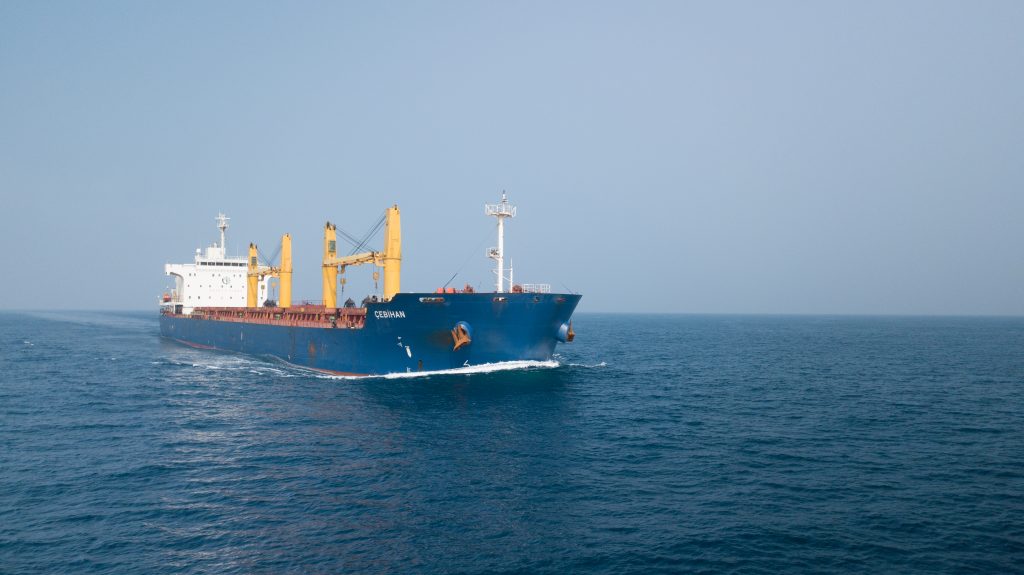
Scientific surveys of blue whale distribution conducted off Sri Lanka in the current shipping lanes and further offshore found that if shipping were to transit 15NM south (offshore) of the current routes, the risk of ship strikes to blue whales would be reduced by 95%.
The World Shipping Council, other key shipping industry organisations and the International Whaling Commission are all fully supportive of establishing a recognised shipping route further offshore, both to protect whales and to improve shipping safety. However, calls to the Government of Sri Lanka have been unheeded to date. By choosing to transit further offshore, MSC is proactively putting the re-routeing option into practice, but the majority of shipping still transits through core whale habitat.
In June, in response to outreach by IFAW and OceanCare, the German Shipowners Association also called upon its members to re-route ships in the Mediterranean to protect endangered sperm whales. The next step is for the Sri Lankan government to bring forward a proposal to the International Maritime Organization to make the safer, offshore route an official Traffic Separation Scheme.
Blue whales are the largest living animals on earth with an estimated life span of 80 to 90 years. Blue whales off Sri Lanka grow to around 25 metres in length and are vocally distinct from other blue whales. Blue whales are listed as ‘endangered’ on the IUCN Red List. The waters from southwest to eastern Sri Lanka have been identified as an Important Marine Mammal Area by the IUCN SSC-WCPA Marine Mammal Protected Area Task Force.
You can find images here.
For more information or to arrange interviews please contact:
IFAW – Andreas Dinkelmeyer on mobile +49 1520 908 2258 or email adinkelmeyer@ifaw.org
OceanCare – Nicolas Entrup on mobile + 43 660 211 9963 or email nentrup@oceancare.org
Source: IFAW Press Release – Hamburg, Zurich, London – 8 September 2022
More resources and guidance on vessel strikes can be found in the collision/strike factsheet of the Marine Mammal Management Toolkit.

